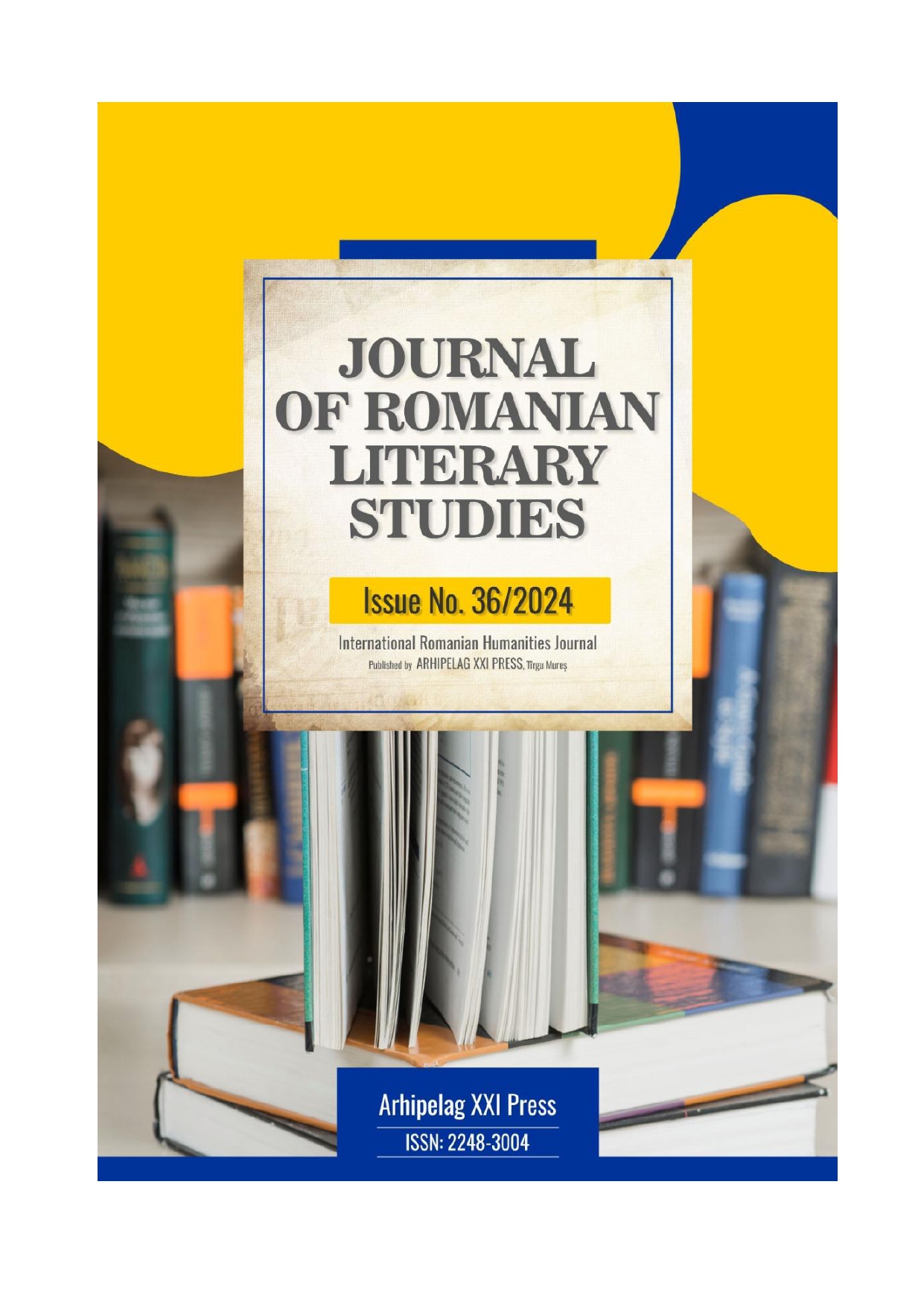THE ”SOCIAL INTELLIGENCE” OF THOSE PEOPLE WHO INTERACT WITH DISABLED CHILDREN IN KATHRYN ERSKINE’S MOCKINGBIRD, R.J. PALACIO’S WONDER, MARK HADDON'S THE CURIOUS INCIDENT OF THE DOG IN THE NIGHT-TIME
THE ”SOCIAL INTELLIGENCE” OF THOSE PEOPLE WHO INTERACT WITH DISABLED CHILDREN IN KATHRYN ERSKINE’S MOCKINGBIRD, R.J. PALACIO’S WONDER, MARK HADDON'S THE CURIOUS INCIDENT OF THE DOG IN THE NIGHT-TIME
Author(s): Alina Lucia GRAPINISubject(s): Novel, Cognitive Psychology, Personality Psychology, History and theory of sociology, Social Theory, Sociology of Culture, Sociology of the arts, business, education, Philology, Theory of Literature, British Literature, American Literature
Published by: Editura Arhipelag XXI
Keywords: social intelligence; empathy; social autism; disabled children;
Summary/Abstract: Our innate characteristics influence our interactions with the world. It is well acknowledged that individuals possess varying degrees of shyness and outgoingness, which stem from their unique personalities and influence their perceptions and interactions with others. For such cognitive and social issues to be properly comprehended we have chosen some parental models and also a social model identified through police officers' and interdisciplinary approached via Daniel Goleman's book "Social Intelligence: The New Science of Human Relationships"(2006)
Journal: Journal of Romanian Literary Studies
- Issue Year: 2024
- Issue No: 36
- Page Range: 522-527
- Page Count: 6
- Language: English

